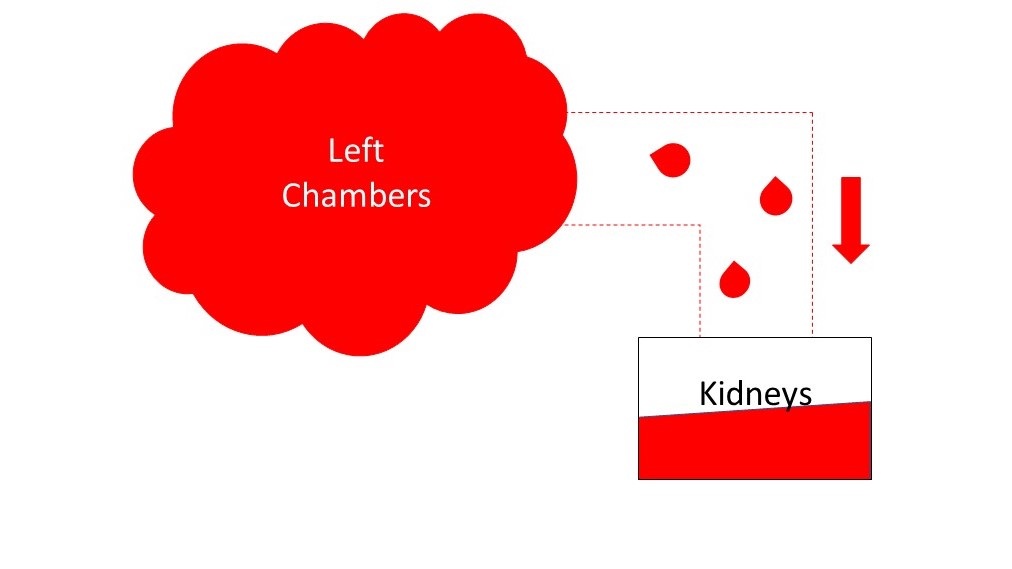
Effect of salt on blood pressure.
Salt in the diet can have some profound effect on the blood pressure. Read on to understand this in detail.
Refer to the section on blood pressure to understand how blood pressure works and how it is measured. Briefly, blood pressure is represented as two numbers. The higher number represents the spike in blood pressure when the heart pumps blood into the arteries with each heart-beat. Like a wave traveling forward and this is felt as a pulse. The lower number represents the pressure within the arteries in between the heart-beat.
Blood is made of multiple components, and it behaves like saline water. The concentration of salinity in the blood is maintained at the same level by kidneys. Any dilution and the kidneys make more urine and any increase in salinity and the kidneys start retaining water. This overlies the basis of the effect of excessive salt in diet.
Salt in diet has many effects on the body, one of which is to increase the salinity of blood. The kidneys respond to this by increasing the water retention to dilute the salinity. The kidneys aim to keep the salinity of blood at constant levels all the time. Water retention increases the volume of blood. More blood in the arteries results in more blood pressure. This is like opening the tap wider while watering the plants using a hose. More water in the pipe increases the pressure and the water jets out.
Refer to the effects of high blood pressure in the other section. In brief, excessive blood pressure increases the up-hill task for the heart. The heart has to push the blood into an already high-pressure system (figure 1).

If the heart pump is weak, then it is unable to handle the excessive weight it must push against and the blood moves slower through the system. When this happens, kidneys do not get adequate blood supply and the kidneys perceive this as though the body does not have enough blood (figure 2).

The kidneys are ‘fooled’ into thinking that the body has lost blood since not much is coming to it. This is an adaptation from the ages when humans would hunt for prey or be hunted. Loss of blood was a common reason for death. The kidneys respond by retaining water to maintain the blood volume. This was helpful when the actual cause was loss of blood, however, in heart failure this can worsen the pressure on the heart. All of this is a never-ending cycle which keeps worsening and results in a hospital admission. This is the basis of worsening heart failure and is explained elsewhere.
Excessive salt also puts an undue pressure on the kidneys which are entrusted with the role to maintain the salinity of blood. If the kidneys are weak, salt does not get filtered out as fast as it needs to be. This results in salt retention and with it water retention, again increasing the blood pressure as mentioned above.
All opinions expressed here are those of the author and not of the employer. Information provided here is for medical education only. It is not intended as and does not substitute for medical advice.
Follow on Twitter: gaurang_md
My blood pressure normally remains in the range 90 to170mmHg.What will be effect when I totally stop intake of salt.Or any alternatives to reduce BP to normal 80 to 120 mmHg.
I would advice you to talk to your local doctor. The website is meant for education purposes only.